How Dallas Investors Capitalize on Industrial’s Staying Power
Westmount’s Cliff Booth on why he sees plentiful opportunities in the Metroplex.
Although the Dallas-Fort Worth industrial market was recording significant growth even before Texas became a mecca for companies leaving overpriced coastal markets, the trend has skyrocketed in the past couple of years. Through the first three quarters of 2021, industrial sales totaled $610 million, according to CommercialEdge data, and there is no sign that investor interest will abate anytime soon.
Westmount is one of the most active players in the metro, so Commercial Property Executive asked Founder & Chairman Cliff Booth to highlight the strengths of the DFW industrial market and reveal his company’s strategy to grow its Metroplex footprint.
READ ALSO: While Supply Chain Slows, Logistics Real Estate Moves Fast: Report
How has the DFW industrial market performed this year?
Booth: The DFW industrial market is at historically high occupancy levels, with increasing market rent growth trends. According to CBRE market research, the third quarter of 2021 marked the 44th consecutive quarter of positive net industrial absorption in DFW. We saw 7.3 million square feet of space taken by occupying tenants, bringing year-to-date absorption to 29.5 million square feet.
Texas has become a very popular destination for big companies leaving or significantly decreasing their presence in overpriced markets. How has this trend impacted Dallas-Fort Worth’s industrial sector?
Booth: Population growth from inbound employment has fueled the strong demand for industrial real estate in the DFW marketplace which, in turn, is driving substantial new speculative bulk warehouse construction. The explosive job growth also continues to fuel the talent war these companies face in the industrial marketplace. As a result, more owners are adding more amenities to attract and retain their labor force, such as walking trails and picnic areas for employees.
What makes the Metroplex stand out when compared to other Texas markets?
Booth: DFW capitalizes on Texas’ pro-business community, favorable tax climate, relatively low cost of living and expanding labor pool. As a result, the Metroplex consistently ranks as one of the top cities for job growth and continues to attract numerous corporate relocations and expansions.
Our city is also known as a top transportation hub in Texas with the intersection of interstates 20, 30, 35 and 45 linking ourselves to the rest of the state. In addition, food companies key in on DFW rather than Houston, Austin, San Antonio for supply chain and consumption zone considerations.
What kind of tenants are looking for industrial space in DFW and what type of buildings are they mostly looking for?
Booth: Nearly every sector of business can be found in DFW, from logistics and transportation companies, R&D tech, manufacturing, assembly, showroom space and e-commerce. While many attribute the recent success of industrial real estate to online retailers like Amazon, additional businesses such as construction and design, food, entertainment and lifestyle, automotive and electronics, health-care and other types of companies, are also driving demand.
What submarkets are the most sought-after nowadays? What makes them so appealing?
Booth: Businesses are locationally driven, depending on their needs to be close to labor forces, highways, rail yards, airports, city centers etc. In the DFW market specifically, south Dallas was the standout construction market, with 13.3 million square feet underway, over half preleased.
Tell us more about your business strategy.
Booth: We are continuing to actively pursue industrial real estate acquisition opportunities around DFW and Texas. Since COVID-19, industrial has been and continues to be the hottest asset class with staying power.
Every 1 percent of increased online sales currently translates to 54 million square feet of demand for warehouse space. With the increased need for industrial space, we’re continuing to see institutions looking for newly built, state-of-art buildings.
However, we’re maintaining our focus on mid-sized, well-located, second-generation industrial properties. With more than 30 years’ experience in the value-add sector, this has taught us that urban infill logistics properties are a long-term investment that never goes out of style, with more tenants that have a need and want to be close to business centers, but can’t achieve this with new ground-up construction. Developable sites within infill markets have been and continue to be hard to come by.
Does Westmount intend to expand its DFW footprint?
Booth: Yes. We’re a fully integrated team of more than 60 associates located in Dallas. We have a specific interest to expand our portfolio in our home market. A significant amount of capital is flowing into Dallas, which is making it a challenge to identify and buy assets at a price in which we feel comfortable. However, we do believe in the long-term fundamentals and are constantly reviewing opportunities. It’s a primary market we’re focused on at this time.
How do you think the DFW industrial sector will evolve in 2022 and beyond?
Booth: The demand for industrial real estate in DFW will continue to thrive in a post-COVID-19 environment as the sector is an important link in the supply chain network. We expect to see increased demand for industrial and logistics properties from manufacturing, food industry and e-commerce tenants.
Westmount has had its pulse on industrial since the 1990s, long before the explosive growth we’ve recently seen and we expect this to continue, especially in the cold storage and industrial markets. In DFW in particular, there has been a lack of second-generation freezer and cooler space for over 15 years, with many unfulfilled occupier requirements each year.

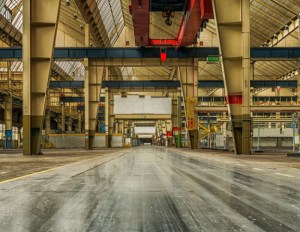

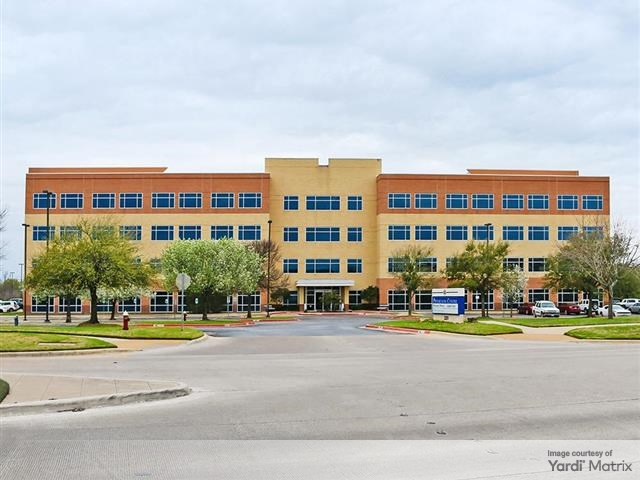
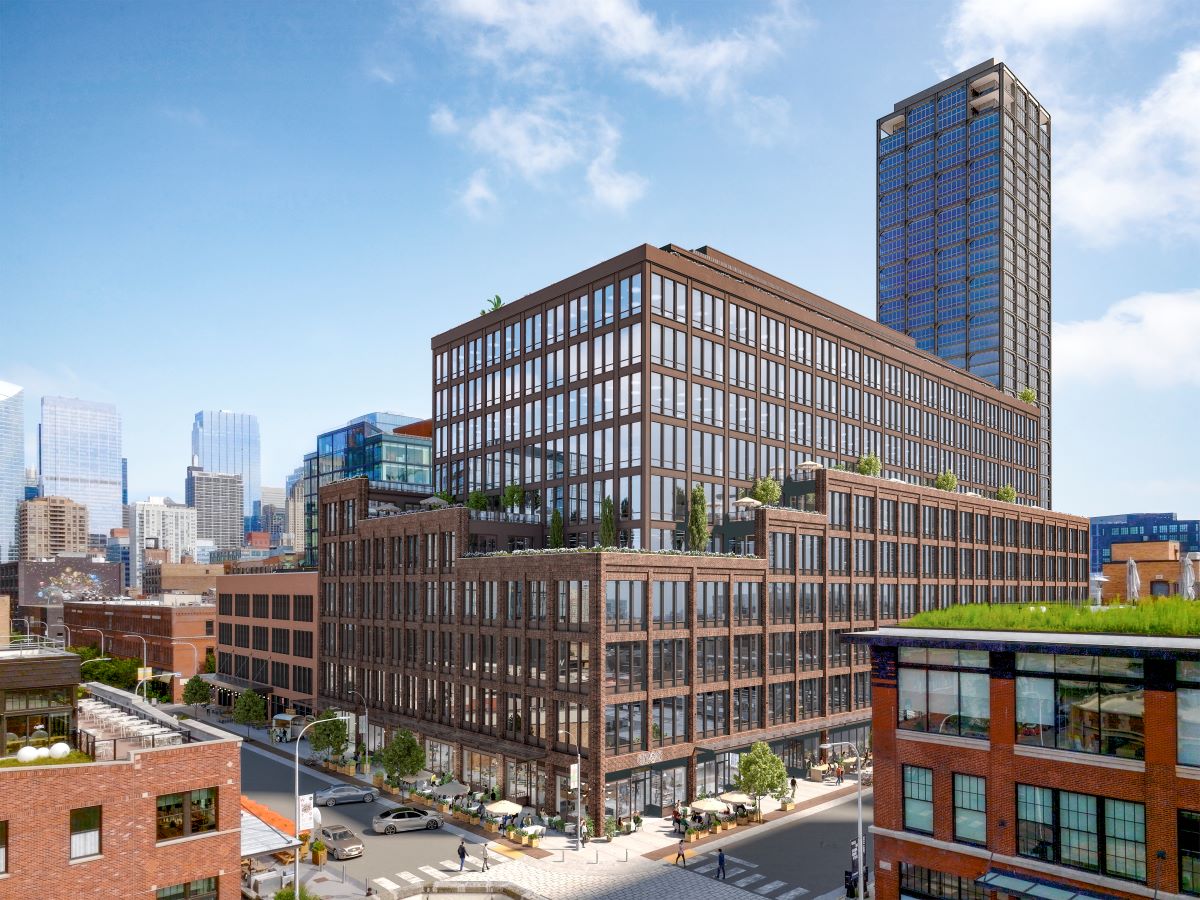

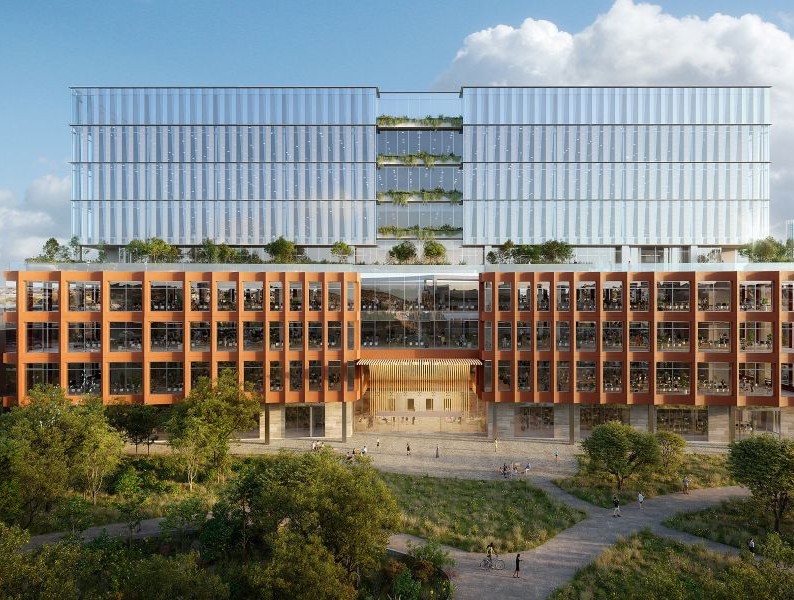
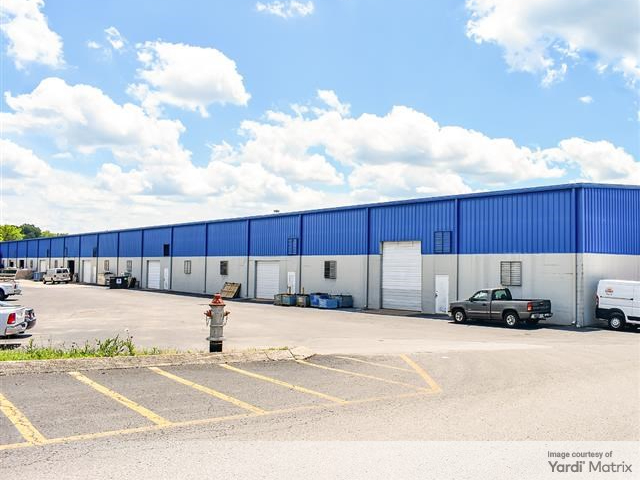
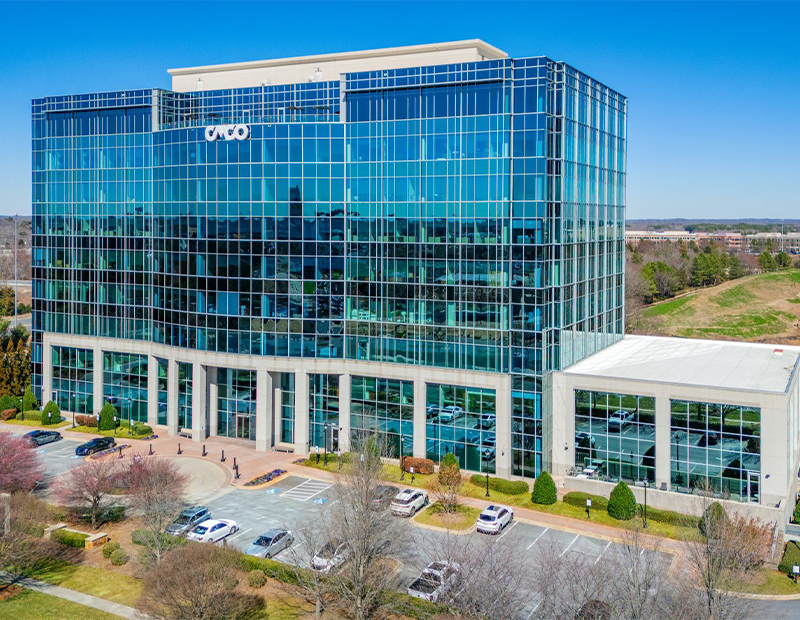
You must be logged in to post a comment.